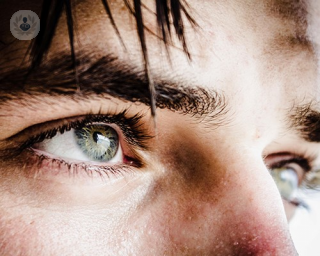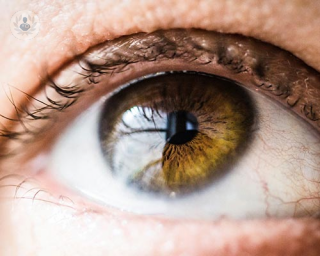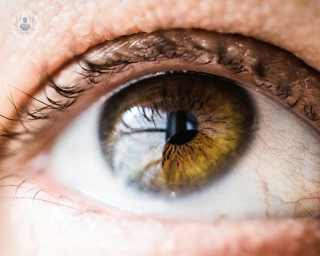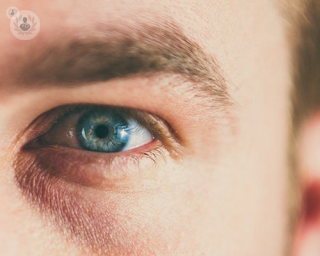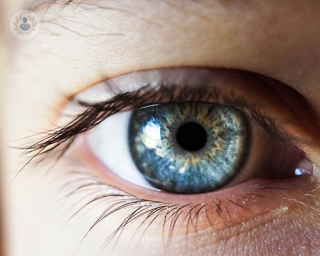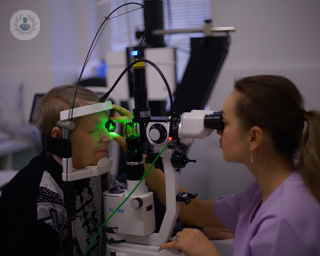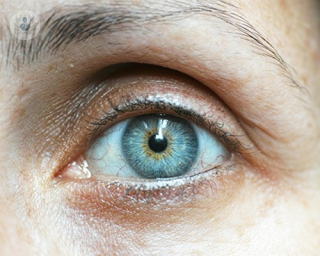
Mr Thomas Kersey
25.06.24
Oftalmologia
Choosing the right intraocular lens for cataract surgery
Cataracts, characterised by the clouding of the eye's natural lens, are a common condition, particularly among older adults. Cataract surgery, which involves replacing the clouded lens with an artificial one, is a highly effective treatment. The success of this procedure is greatly influenced by the choice of intraocular lens (IOL). In his latest online article, Mr Thomas Kersey explores the various IOL options available, helping patients make informed decisions in collaboration with their ophthalmologists.

